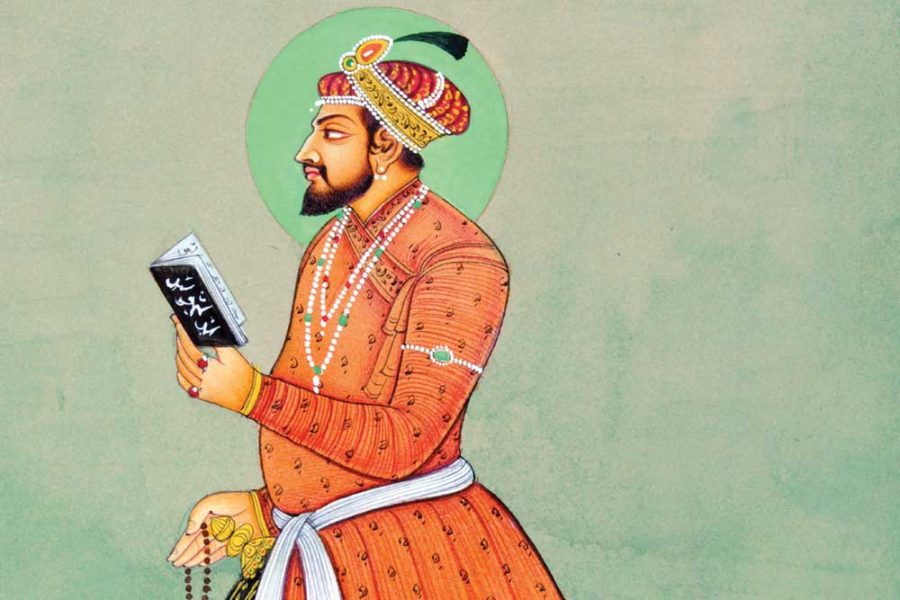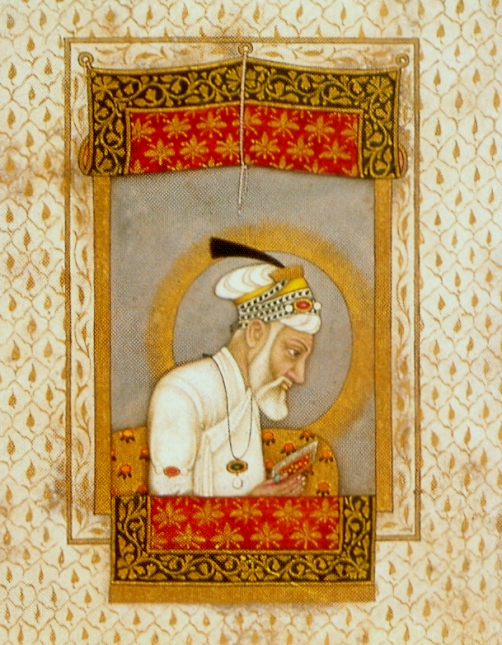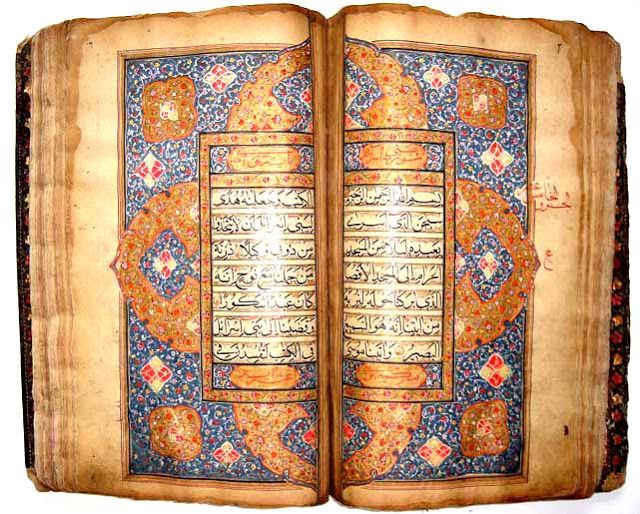
Aurangzeb Alamgir – Emperor who rewrote the Korans
Emperor Aurangzeb is considered the greatest of the rulers of the Mughal dynasty. He was distinguished by religiosity and piety, however, his legacy is controversial in India.
Under Aurangzeb , who ruled under the name of Alamgir I in 1658-1707, the Mughal Empire reached its greatest extent and power.
The emperor was distinguished by piety. It is known that he fasted four days a week, had close ties with such prominent religious figures of that era as the grandson of Imam Rabbani, Khoja Muhammad Naqshbandi. On his instructions, a group of theologians created “al-Fatawa al-alamgiriyya” – a source on Islamic law. Aurangzeb himself was considered a major theologian of his era. He ordered to remove the Islamic testimony of faith from the coins, as such inscriptions should be treated with respect, but this is difficult to ensure when money changes hands. Already becoming emperor , at the age of 43, Aurangzeb learned the Koran by heart. Under him, singers, musicians, Hindu astrologers and astronomers were expelled from the palace.

Source: commons.wikimedia.org
According to legends, Aurangzeb led a simple life, earning his living by selling beanie hajis made by him and the Korans copied by him. And in his will he indicated that the funeral expenses should be paid from these incomes, and not from the state treasury.
Being a strict adherent of Sharia, the emperor did not approve of painting and miniature. Along with this, he patronized scientists and historians, as well as the art of calligraphy. Aurangzeb himself was a talented calligrapher, he studied with master Sayed Ali Tabrizi and became a master in naskh handwriting.
Several Korans are known, which are believed to have been rewritten by the emperor himself.
In 2003, the Qur’an with the personal seal of Aurangzeb was stolen from the Sri Pratap Singh Museum in Srinagar, which was believed to have been rewritten by him personally using ink mixed with gold and saffron . It was not possible to solve the crime, in connection with which Muslims accuse the Indian authorities of negligence and inability to conduct business.

Source: pinterest.com
In 2010, the German auction house Auktionshaus Sebk put up for sale the Koran, part of which is believed to have been written by Aurangzeb. The owner of the rare manuscript claimed that the copy was passed down in his family from generation to generation. It was acquired by his great-grandfather, who served as the governor of Udha during the reign of Bahadur Shah II Zafar, the last emperor of the Great Mughals. Allegedly, when the British rule put an end to the rule of this dynasty in India, Bahadur Shah ordered his entourage to choose gifts from his personal collection. Great-grandfather preferred an ancient manuscript from the imperial library. This Quran is written on handmade rice paper with ink made from precious minerals. It has luxurious gold inlays and is inlaid with ruby, lapis lazuli and garnet.
Aurangzeb’s legacy is controversial in India. He is accused of destroying Hindu temples, which is allegedly one of the reasons for the tension in Hindu-Muslim relations in the country today. He also forced non-Muslims to live according to Sharia law, which led to discontent and uprisings not only of Hindus, but also of Muslims belonging to other sects.
Islamosphere

